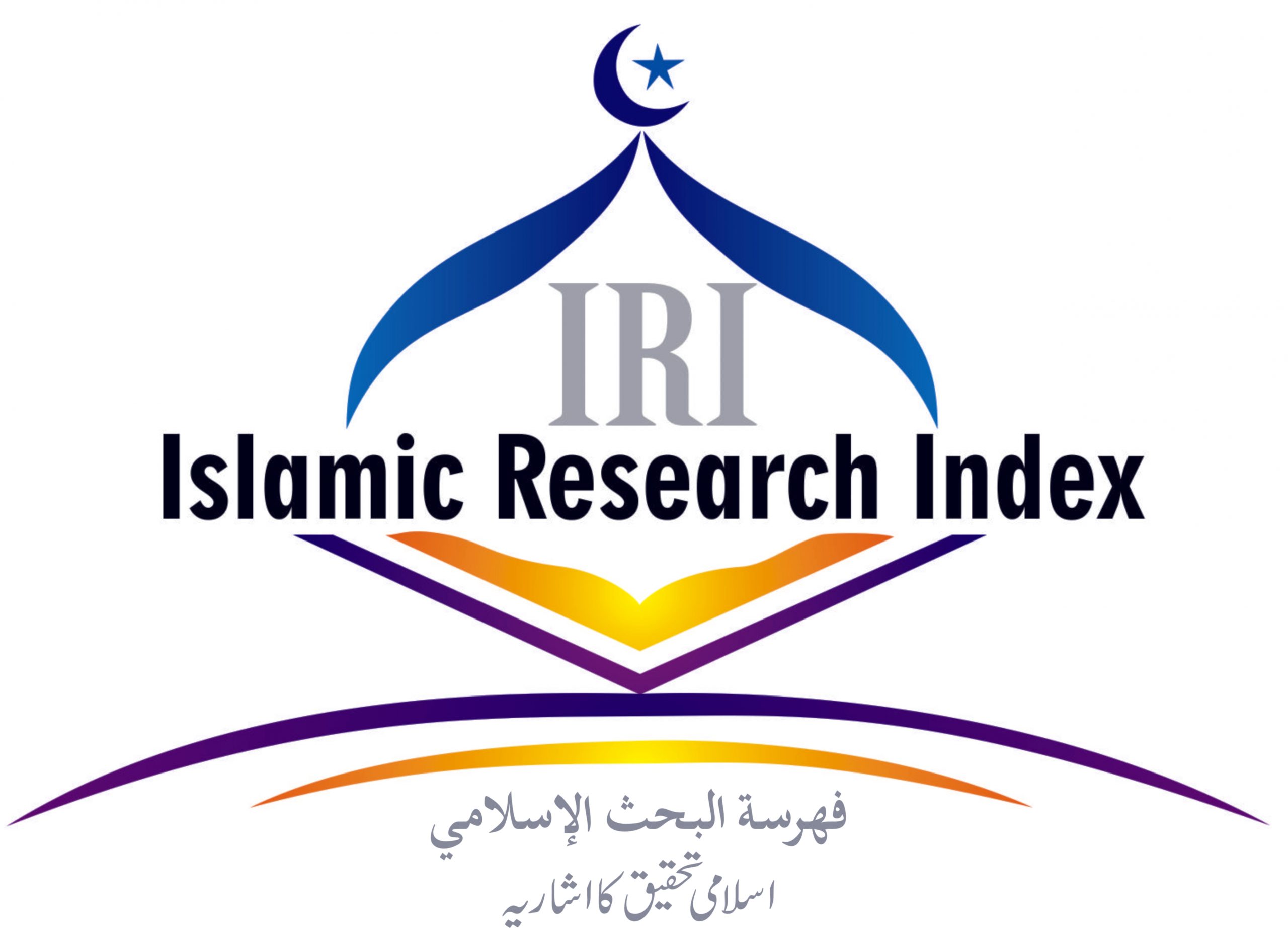About the Journal
Journal is published Quarterly. The authors are strongly encouraged to submit manuscripts two copies in hard form and one soft copy via online journal system (OJS) prepared using MS Word and should be clearly labeled with the author’s names, their designation and affiliation, file name and software version.
Call for Papers
Authors are requested to send the article on Seerah of the Last Prophet Hazrat Muhammad Peace and blessings be upon him.



